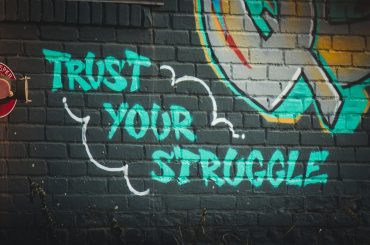Clutter is much more than a bugbear or a source of potentially dangerous trips and falls at home. It can also have an effect on our mental health. One study published in the journal PLoS Biology, for instance, found that clutter causes us to make high-confidence errors. These are errors made with a high degree of confidence in your decisions. Clutter can wrest from your mental health and wellbeing, making it more difficult to stick to your resolve. Instead, we want to focus on our goals during recovery, and enjoy a state of peaceful tranquility. Learning how developing organizational skills can help you heal during recovery, is a worthwhile endeavor.
Untidiness Linked To Unhappiness.
Cleaning and laundry experts from the company Dr. Beckmann undertook a study on clutter and disorganization in the home. Its findings were that clutter has a negative effect on mood. Around 90% of people surveyed said that untidiness made them feel unproductive or unhappy. Clutter also interferes with human being’s interest in socializing with others, which can cause loneliness. During addiction recovery, fostering healthy social relationships is encouraged, but doing so can be difficult if you feel unconfident about inviting people to a messy home. Research also indicates that cluttered homes can cause arguments between inhabitants. Many couples and families argue over an unwillingness to do or share household chores. Cleaning, on the other hand, has powerful mental health benefits. It helps keep stress levels lower, promotes quality sleep, and enhances your sense of safety and wellbeing. All of these are important, especially in the earlier stages of recovery, when stress and anxiety can run high.
Small Changes To Tidy Up Your Home.
During recovery, you may have a number of goals to achieve. These may include building healthy relationships, attending different types of therapy, and taking part in natural stress relieving therapies such as yoga. Tidying up can be easy if you approach it strategically, however. For instance, instead of cleaning up the entire home at once, start by giving yourself the freedom to throw away/give/sell items you no longer need or use. despite Challenging your emotional attachment to times can also be healing. When undertaking a cleaning project, set a schedule, and break up tasks into smaller sections. For instance, instead of cleaning the entire kitchen, you may divide your work into smaller tasks. Cleaning floors, tidying up your countertop, throwing away dirty or expired items, wiping shelves, and cleaning the oven can be done at scheduled times. Try to invest daily time in cleaning up – even if you have just 15 minutes to spare.
Getting Family And Friends Involved.
If you live with friends and family, it is ideal for everyone to commit to a regular cleaning schedule. Little can be achieved alone if your housemates continue to accumulate clutter. Schedule a meeting so you can divide up chores according to your preferences. Taking turns at tasks nobody enjoys and sharing those that more than one would like to complete can be helpful. If your home is very untidy or people have busy schedules, investing in professional cleaning is an excellent way to both kickstart your cleaning project and maintain your home’s tidiness.
During addiction recovery, living in clean, tidy interiors can help boost your mood and hone your focus. Therefore, developing organizational skills can help you heal during recovery. Clutter can cause conflicts (both internal and with other home dwellers), so keeping it to a minimum is important. To tidy up your home, set up a schedule, dividing larger tasks into smaller ones and seeking professional help if you need a helping hand, at least at the start of your endeavor.






